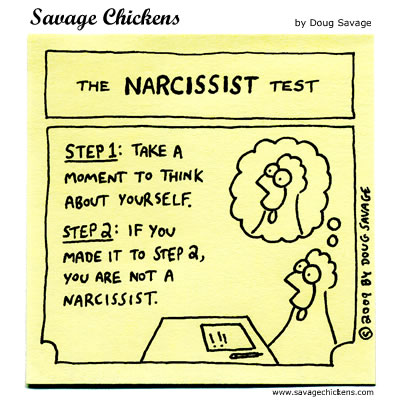The more I talk to fellow recovering addicts and emotional defects, the more I realize we have one big thing in common: We want to please everyone and be loved for it. Unfortunately, it’s an impossible goal that can lead to crushing disappointment.
Mood music:
It’s an especially stinging problem in the age of social networking, where some people have learned to measure their worth by how many “friends” and “followers” they have. Facebook in particular is full of peevers who get picky about what you post even as they post things that annoy others. It’s an atmosphere tailor made for resentments.
Whenever I go to an OA, AA or 12-Step Big Book study meeting, someone always brings up their need to have everyone like them. The reason they became an addict was because that hunger could never be satisfied.
I wrote about my own experience with this in a post called “Why Being a People Pleaser Is Dumb.”
I wanted desperately to make every boss happy, and I did succeed for awhile. But in doing so I damaged myself to the core and came within inches of an emotional breakdown. It caused me to work 80 hours a week, waking up each morning scared to death that I would fall short or fail altogether. I wanted to make every family member happy. It didn’t work, because you can never keep everyone happy when strong personalities clash.
In the face of constant let-downs, I binged on everything I could get my hands on and spent most waking moments resenting the fuck out of people who didn’t embrace me for who I am.
I’d like to tell you I’ve learned to shrug it off and let people go when they didn’t want to subscribe to my personality. But the truth is that I still struggle with it.
When a family member gives me the cold shoulder, it affects me. Never mind that I’ve cold-shouldered many a family member in my day. When I discover someone on Facebook has unfriended me, I go on a hunt to find out who it was and why. Never mind all the people I’ve disconnected from for annoying me.
With this disease, hypocrisy is a constant companion.
As conflicted as I remain, I am coming around to the idea that I have to be myself, even if some people hate me for it. It’s a slow and messy process, but you could also say there’s a survival instinct kicking in.
I’m a devout Catholic who wants to be accepted by everyone in my church community. But my gallows humor and metal-head ways are going to bubble to the surface and I can’t expect everyone to like it.
On the other side of the blade, I can’t expect all my friends in the music and writing worlds to share my views on faith.
I also can’t expect everyone to approve of everything I write here. By extension, I can’t expect everyone to want all the content I insist on pushing through my social networking feeds.
All I can do is be myself and hope that the better parts of me surface more often than the unsavory parts.
Being someone else is simply too hard. Besides, in the end we get judged on who we were, not on who we pretended to be.



.jpg)




